Jack Walters
Guest Reporter
Labour has unveiled plans to bring the first three railway companies back into public ownership, marking the start of its national rail reform programme.
South Western Railway, which operates services from London Waterloo to Weymouth, Exeter and , Bristol, will be the first to transition in May.
The Southend-on-Sea to Fenchurch Street C2C will follow in July, with Greater Anglia becoming the third operator to be nationalised in autumn.
Sir Keir Starmer's Government claims the move will reduce delays and cancellations that have plagued British rail services, aiming to encourage more passengers to choose train travel.
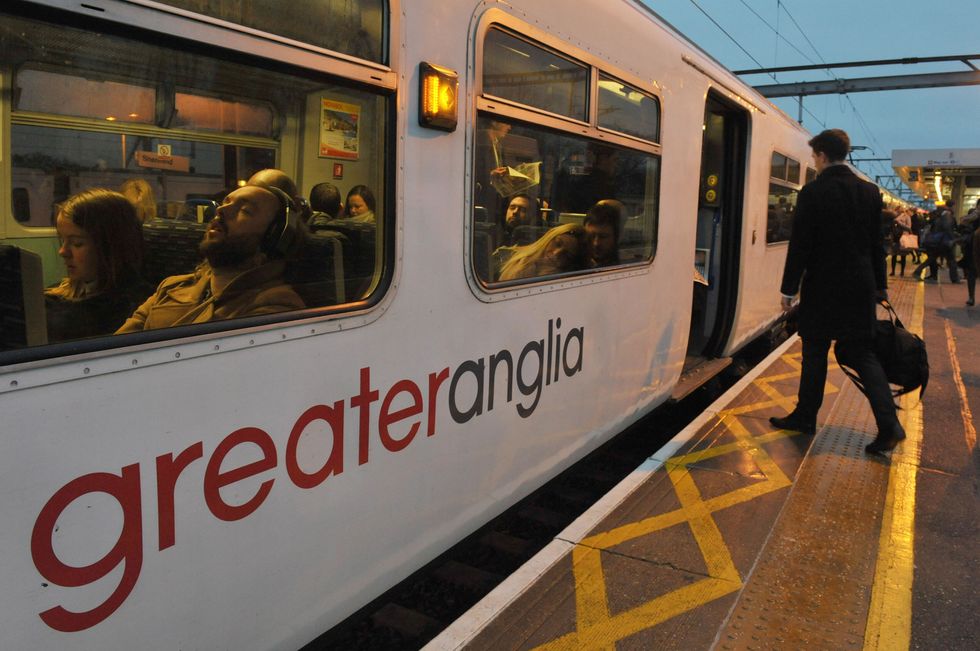
The Department for Transport projects savings of £150million by redirecting passenger fares from company shareholders to service improvements.
Under the current system, private companies like Italy's Trenitalia bid to operate rail services through contracts.
The new arrangement will eliminate the need for taxpayers to compensate firms for early contract termination.
Of the 14 train operating companies earmarked for public ownership, four are already under state control due to poor service performance.
LATEST DEVELOPMENTS:
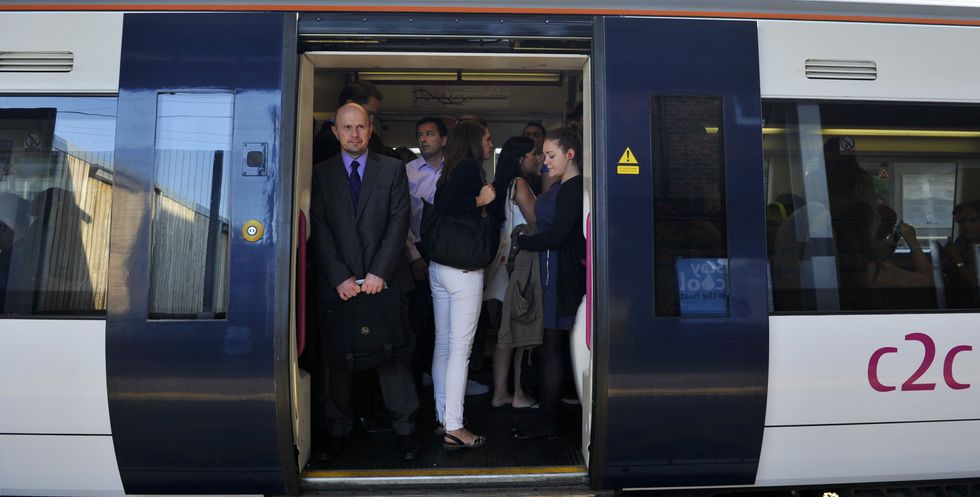
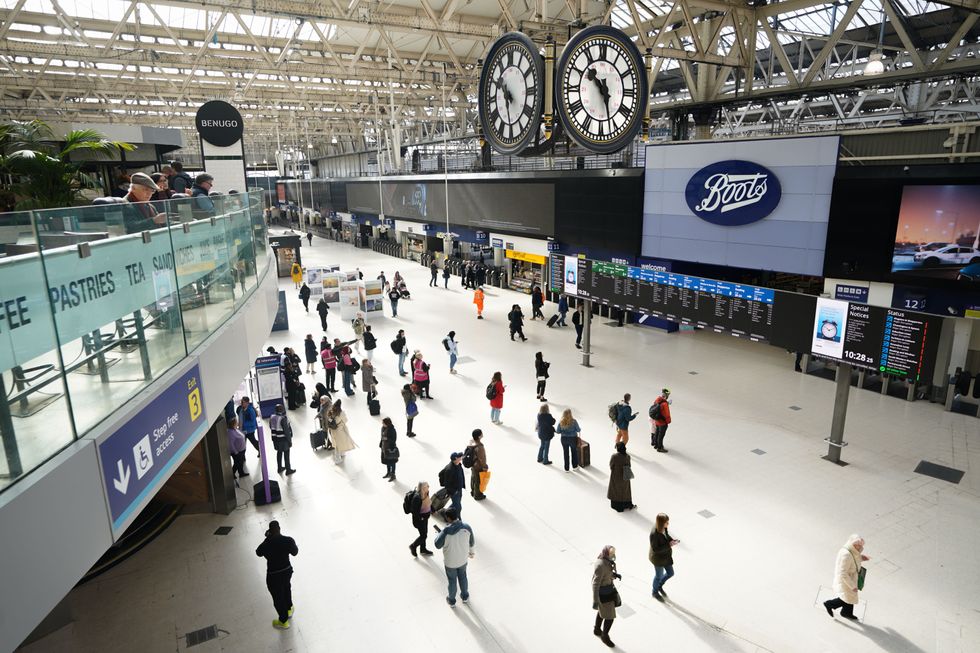
Some services will remain in private hands, including the Heathrow, Stansted and Gatwick Express routes.
All rail operators will eventually come under a new state-owned entity called Great British Railways.
The Department for Transport expects the complete nationalisation process to take three years.
The transition marks a significant shift from the current privatised system, where companies bid for operating contracts.
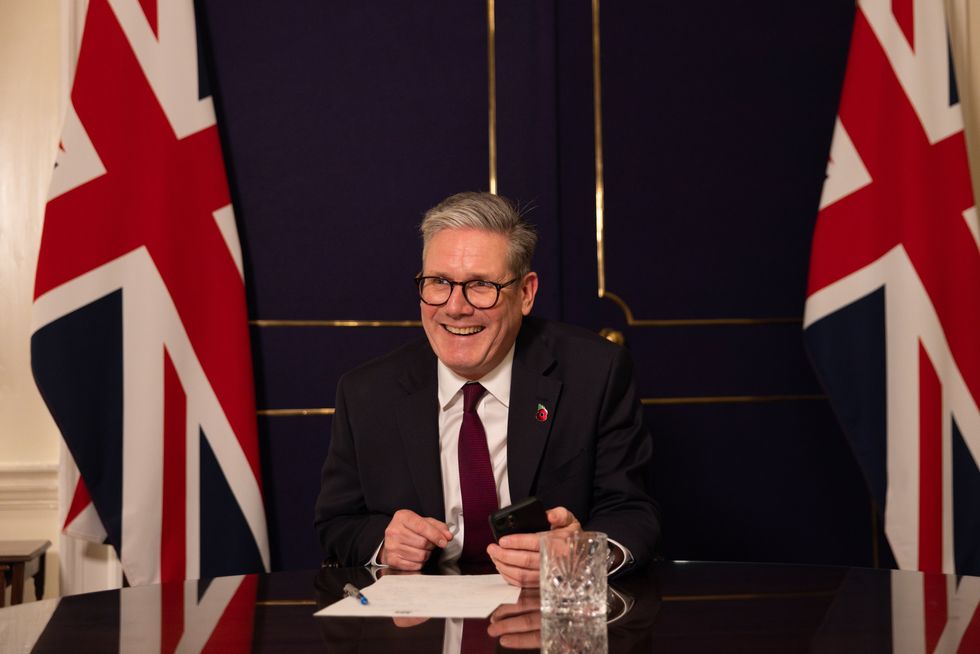
In total, half of the UK's 28 rail operators will undergo a transition to nationalisation.
The reform represents a key policy difference between Labour and the Conservatives from the recent election campaign.
Responding to today's announcement, the Prime Minister said: "We're delivering on our promise to fix our broken railways.
"South Western Railway is now back in public control.
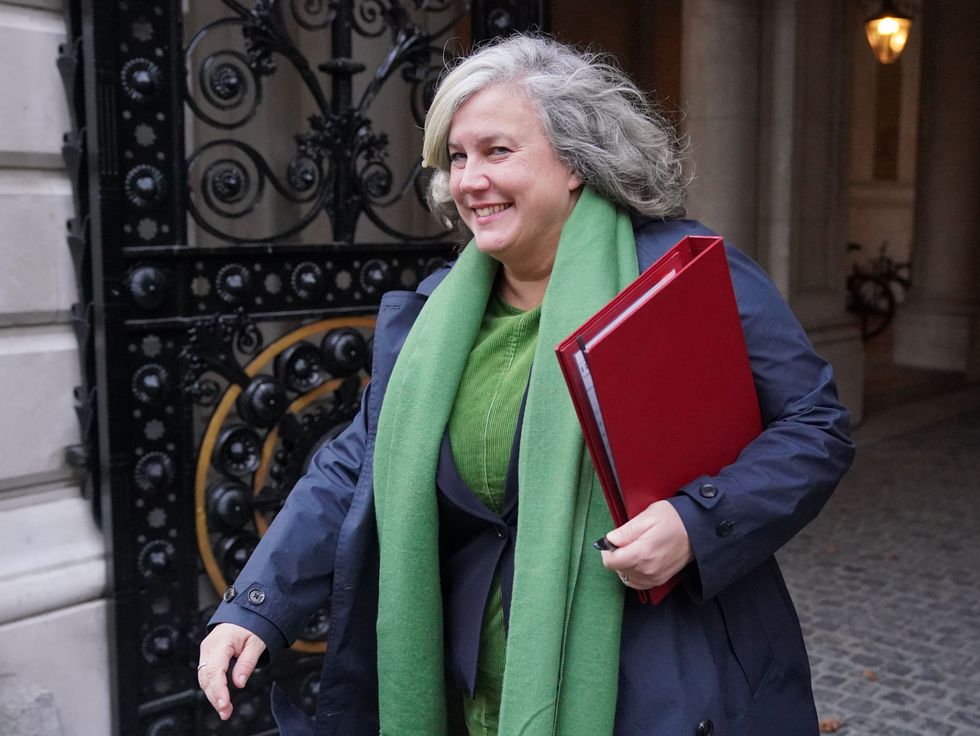
"Better services for passengers. Better value for taxpayers. My Government is rebuilding Britain."
The announcement comes just four days into Heidi Alexander's stint as Transport Secretary.
The Swindon South MP suggested renationalisation should reduce delays but may not cut fares.
Alexander, who returned to the House of Commons on July 4 after defeating ex-Justice Secretary Sir Robert Buckland, enters Starmer's Cabinet after Louise Haigh was forced to quit for incorrectly reporting a work mobile phone as stolen in 2013.
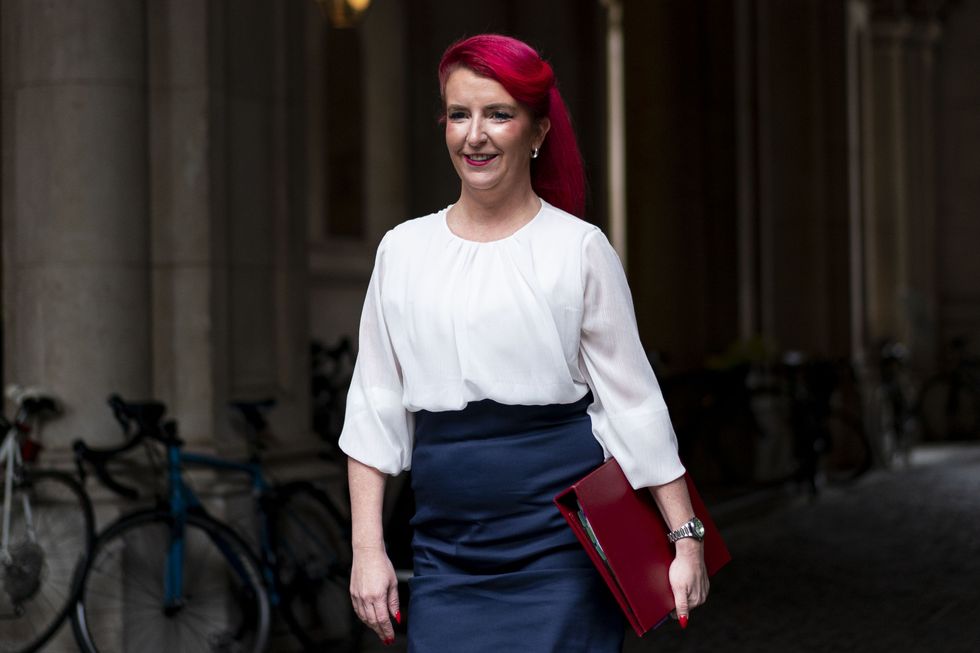
The Transport Secretary said: "For too long, the British public has had to put up with rail services that simply don’t work.
"A complex system of private train operators has too often failed its users.
"Starting with journeys on South Western Railway, we’re switching tracks by bringing services back under public control to create a reliable rail network that puts customers first.
"Our broken railways are finally on the fast track to repairing and rebuilding a system that the British public can trust and be proud of again."
Find Out More...
South Western Railway, which operates services from London Waterloo to Weymouth, Exeter and , Bristol, will be the first to transition in May.
The Southend-on-Sea to Fenchurch Street C2C will follow in July, with Greater Anglia becoming the third operator to be nationalised in autumn.
Sir Keir Starmer's Government claims the move will reduce delays and cancellations that have plagued British rail services, aiming to encourage more passengers to choose train travel.

The Department for Transport projects savings of £150million by redirecting passenger fares from company shareholders to service improvements.
Under the current system, private companies like Italy's Trenitalia bid to operate rail services through contracts.
The new arrangement will eliminate the need for taxpayers to compensate firms for early contract termination.
Of the 14 train operating companies earmarked for public ownership, four are already under state control due to poor service performance.
LATEST DEVELOPMENTS:
- Nigel Farage demands ‘keep sport apolitical’ as rainbow armband row grips Premier League
- Tories pledge to 'reverse' Labour's inheritance tax raid on farmers as MPs force vote
- Staggering £407,000 raised for pensioners in appeal started by GB News' Patrick Christys


Some services will remain in private hands, including the Heathrow, Stansted and Gatwick Express routes.
All rail operators will eventually come under a new state-owned entity called Great British Railways.
The Department for Transport expects the complete nationalisation process to take three years.
The transition marks a significant shift from the current privatised system, where companies bid for operating contracts.

In total, half of the UK's 28 rail operators will undergo a transition to nationalisation.
The reform represents a key policy difference between Labour and the Conservatives from the recent election campaign.
Responding to today's announcement, the Prime Minister said: "We're delivering on our promise to fix our broken railways.
"South Western Railway is now back in public control.

"Better services for passengers. Better value for taxpayers. My Government is rebuilding Britain."
The announcement comes just four days into Heidi Alexander's stint as Transport Secretary.
The Swindon South MP suggested renationalisation should reduce delays but may not cut fares.
Alexander, who returned to the House of Commons on July 4 after defeating ex-Justice Secretary Sir Robert Buckland, enters Starmer's Cabinet after Louise Haigh was forced to quit for incorrectly reporting a work mobile phone as stolen in 2013.

The Transport Secretary said: "For too long, the British public has had to put up with rail services that simply don’t work.
"A complex system of private train operators has too often failed its users.
"Starting with journeys on South Western Railway, we’re switching tracks by bringing services back under public control to create a reliable rail network that puts customers first.
"Our broken railways are finally on the fast track to repairing and rebuilding a system that the British public can trust and be proud of again."
Find Out More...